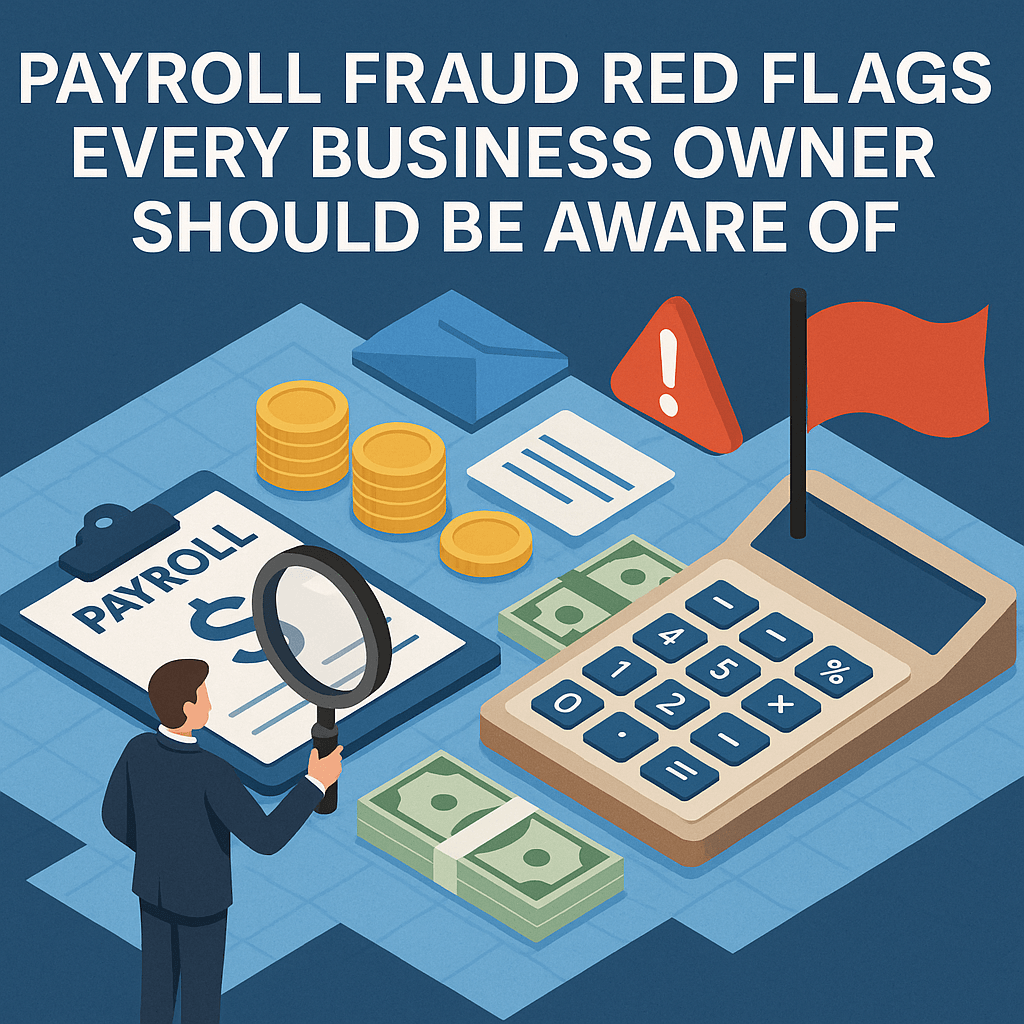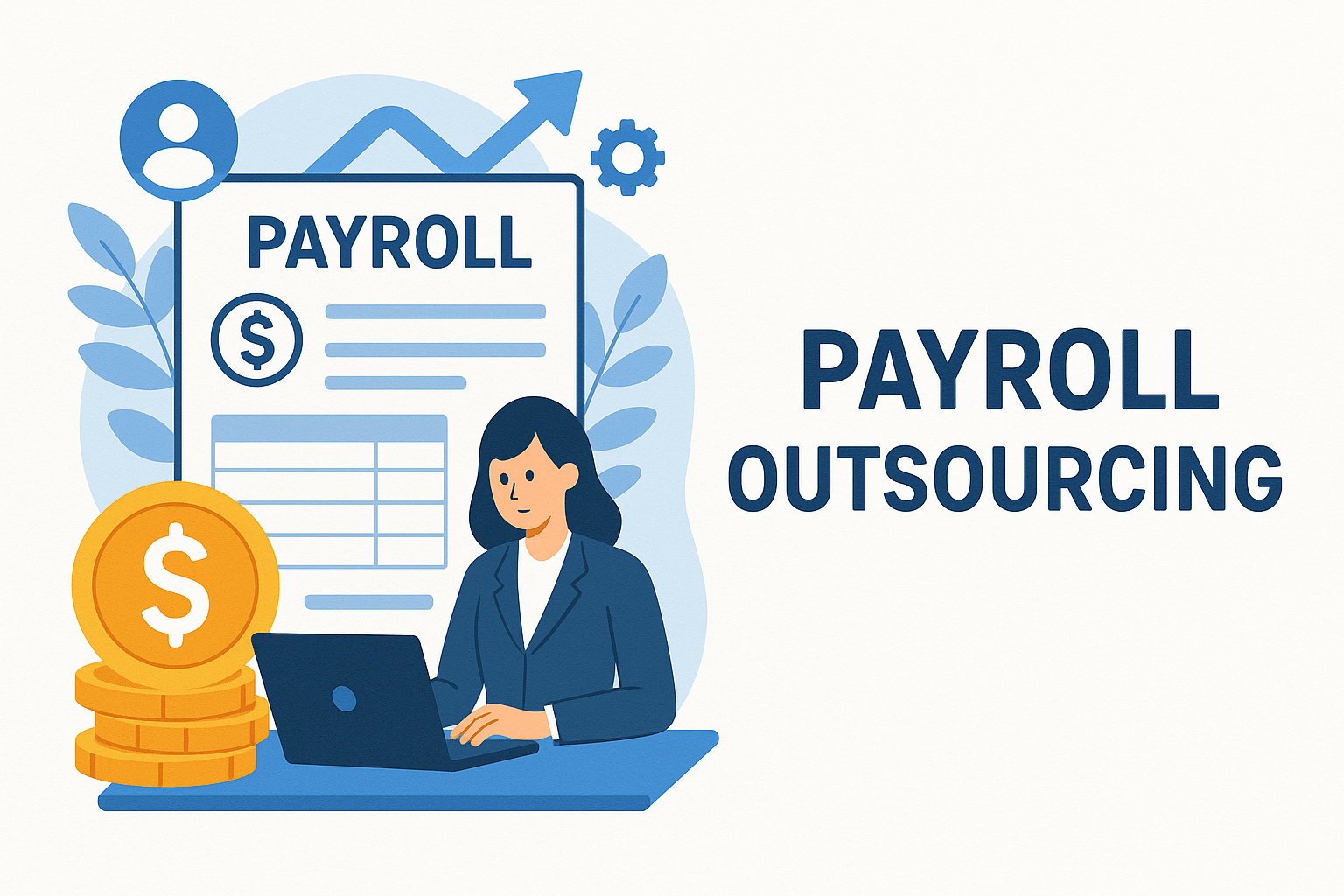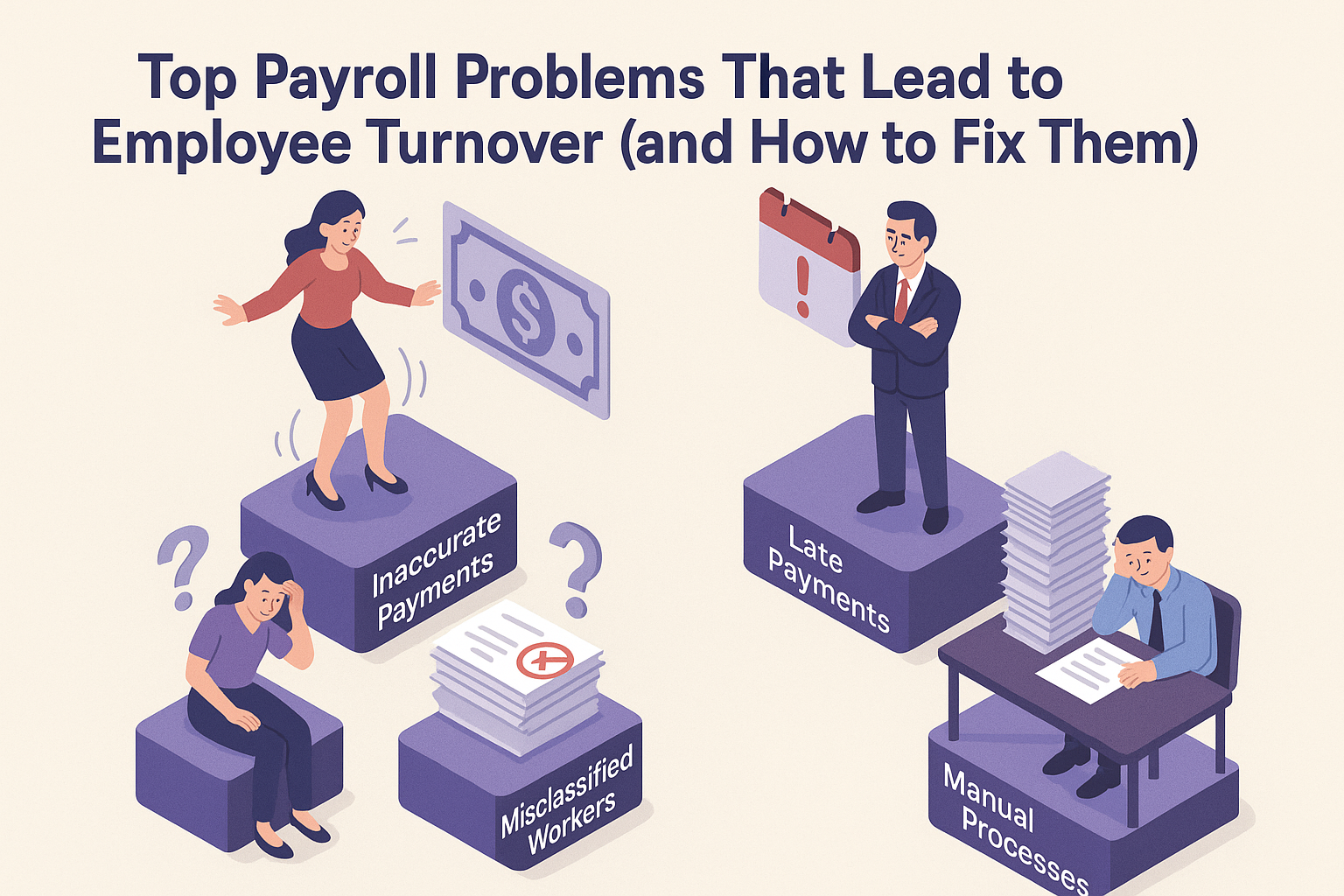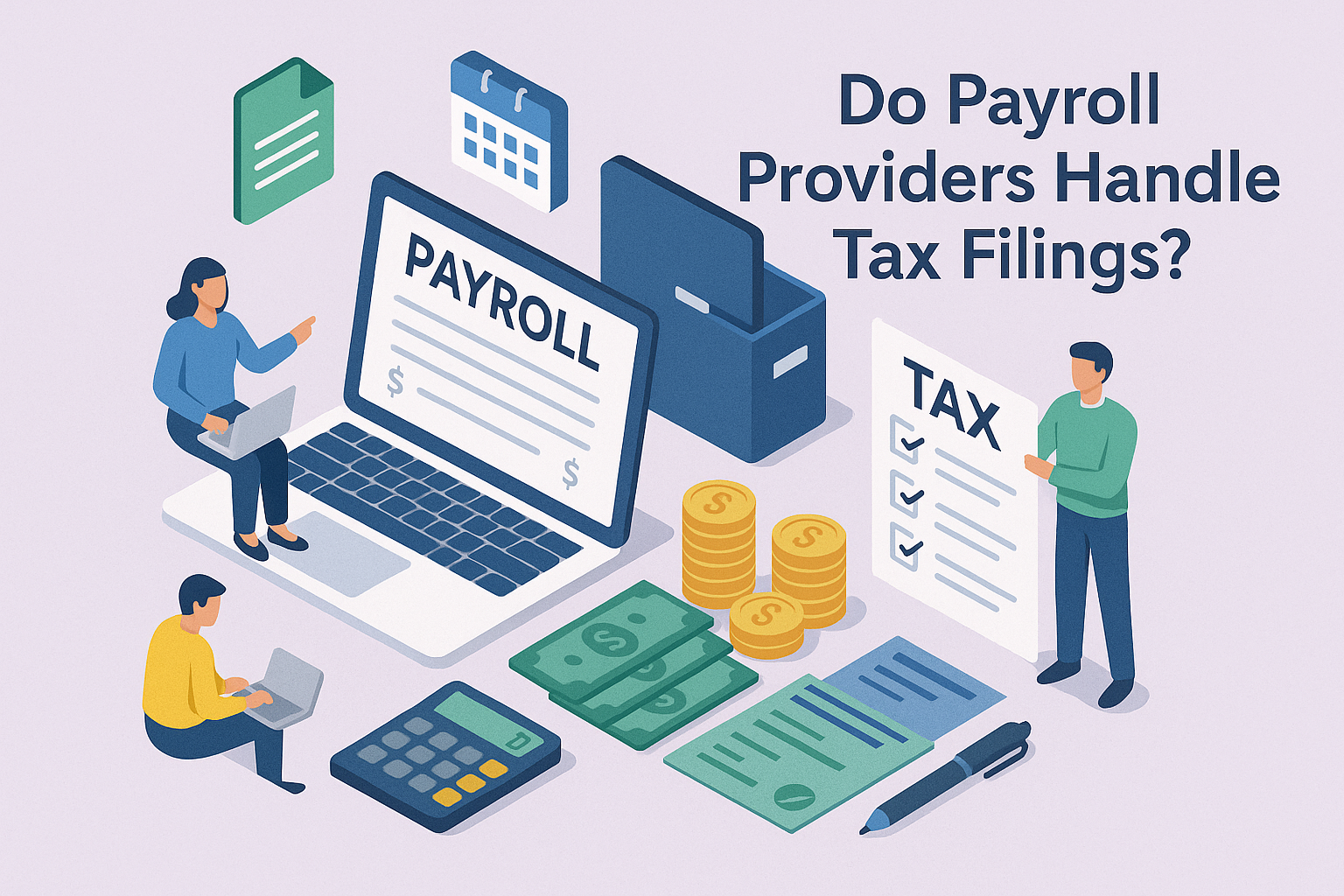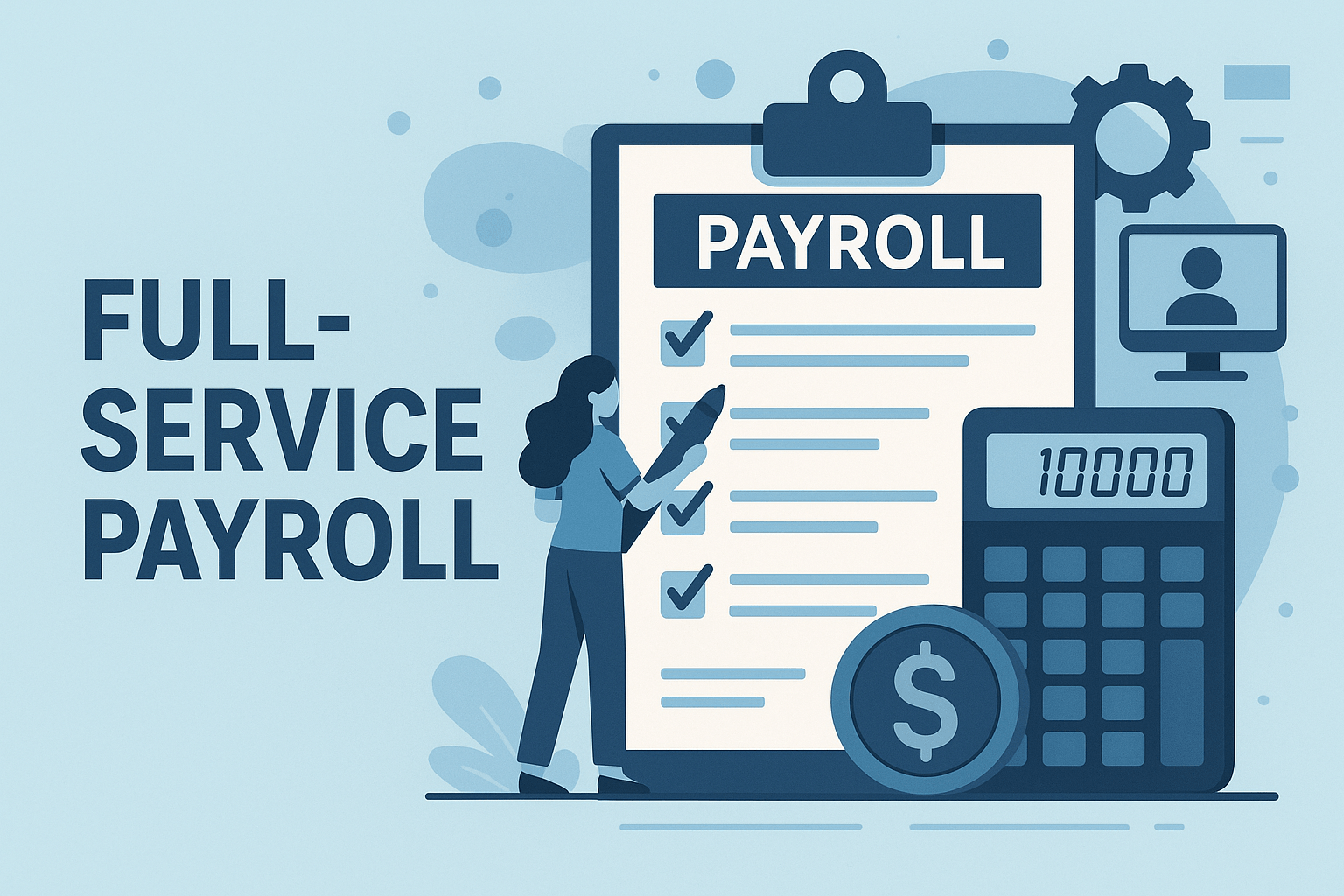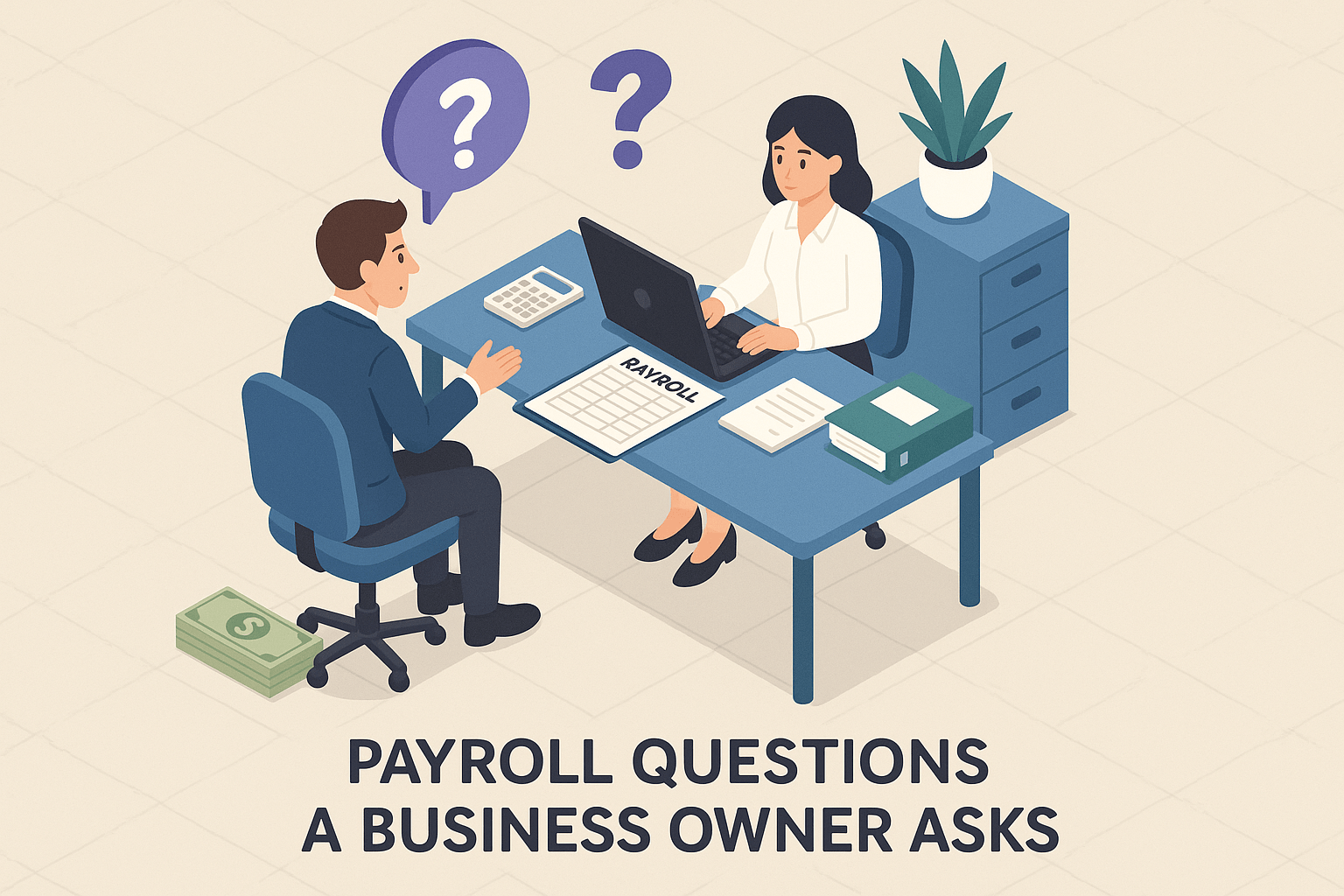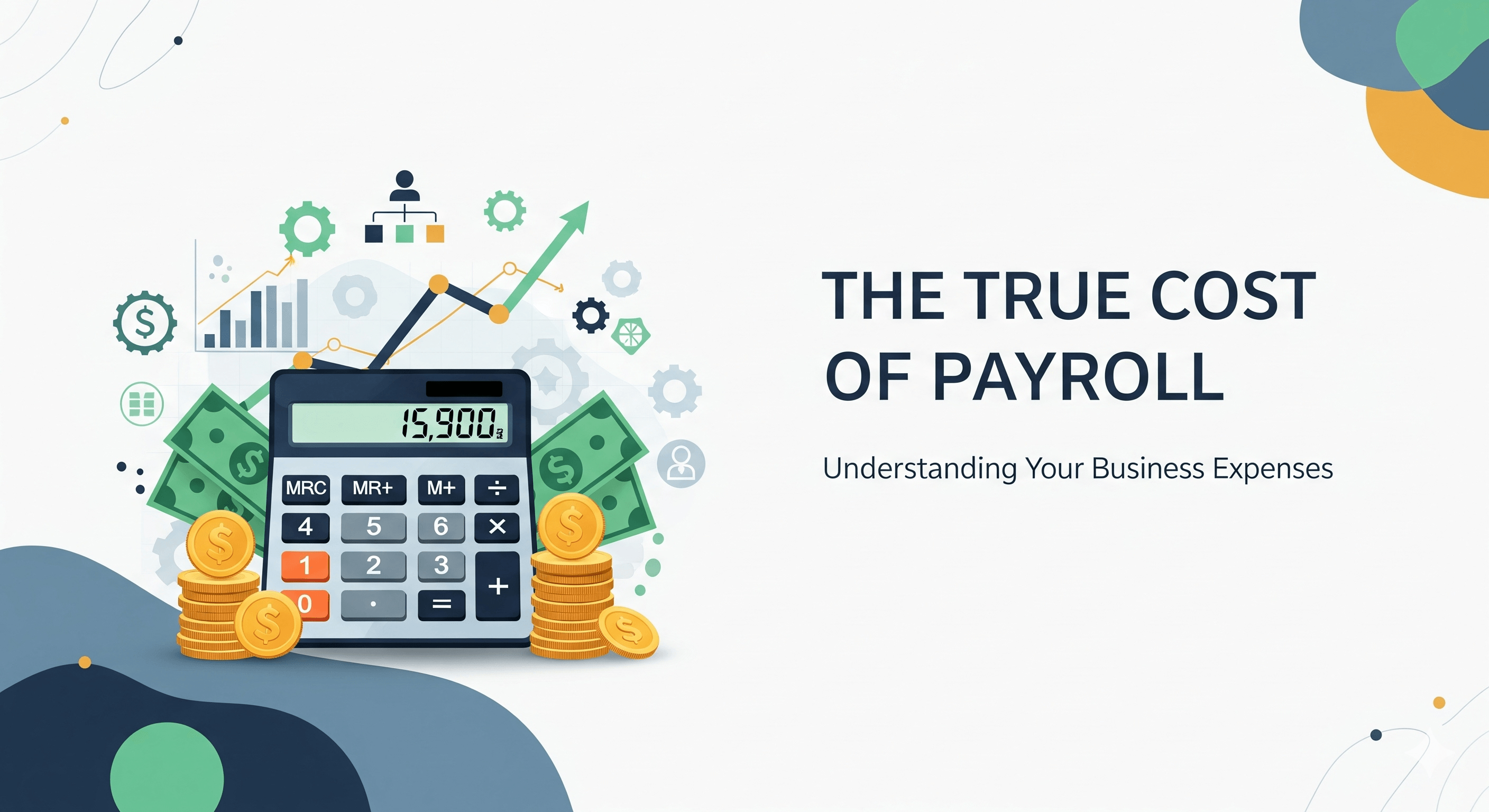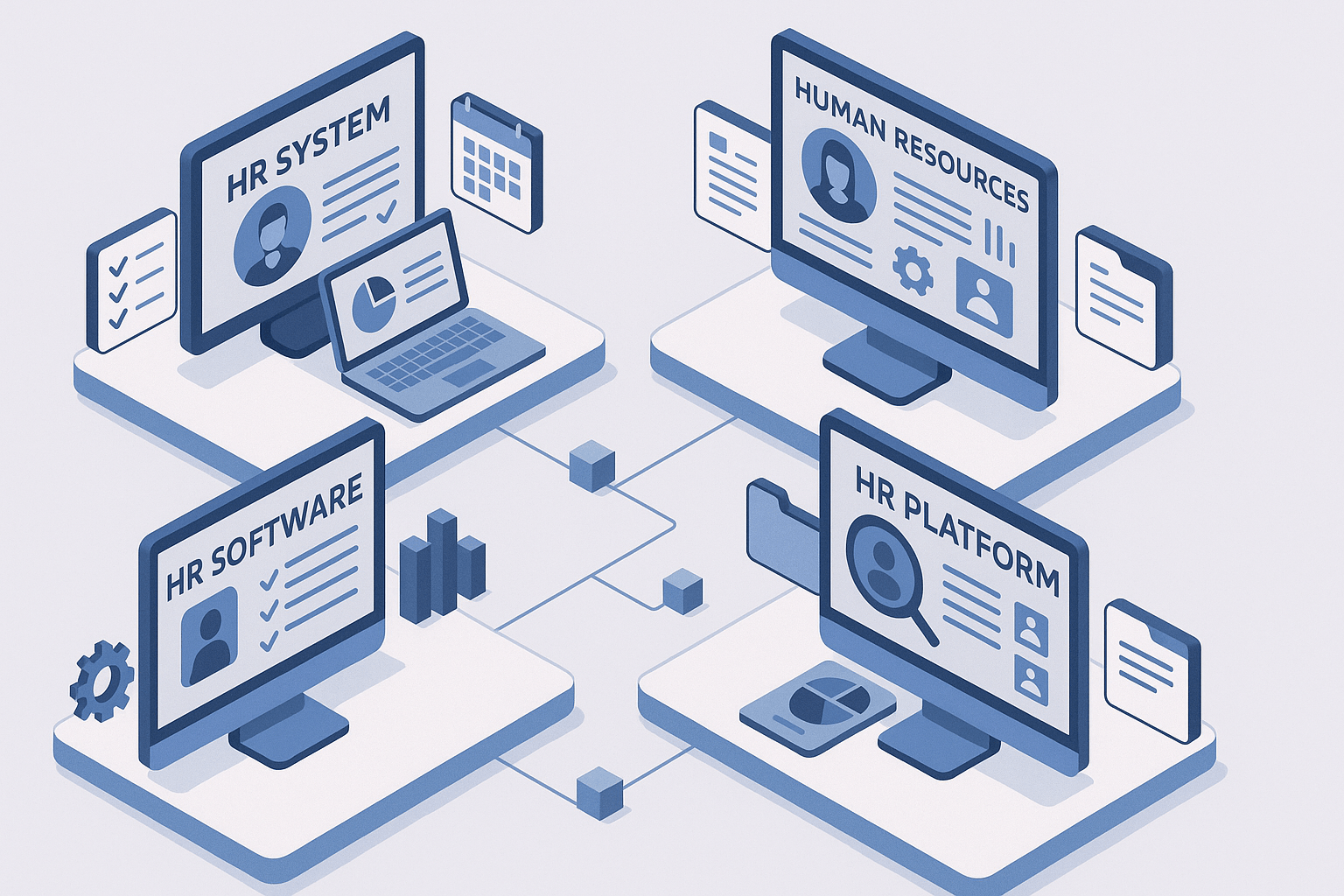7 Hidden Costs in Outsourcing Payroll Services (And How To Avoid Them)
September 6th, 2024
6 min read
By Jason Noble

Outsourcing payroll services should simplify your life and free up your time, right? But if you're like many business owners, you've probably discovered that hidden costs can sneak up on you, leaving you with unpleasant surprises. If you're tired of being blindsided by unexpected payroll fees, you're not alone.
At Lift HCM, we know firsthand the benefits of outsourcing payroll. As a payroll service provider ourselves, our goal is to empower businesses with the knowledge they need to make informed decisions. While outsourcing can offer significant advantages, it’s crucial to be aware of potential hidden costs.
In this article, we’ll uncover seven hidden costs of outsourcing payroll services, so you can make smarter decisions, protect your bottom line, and avoid budget surprises. By the end, you'll know exactly what to look out for and how to ensure your payroll outsourcing decisions benefit your business in the long run.
Table of Contents
- The Promise of Outsourcing Payroll
- Average Price of Payroll Processing
- 1. Setup and Implementation Fees
- 2. Per-Employee or Per-Check Charges
- 3. Tax Filing and Reporting Fees
- 4. Additional Payroll Run Fees
- 5. Technology and Software Integration
- 6. Customer Support and Service Fees
- 7. Contract Termination and Data Retrieval Fees
- Do It Right and Partner with Lift HCM
The Promise of Outsourcing Payroll
Outsourcing payroll services offers numerous benefits, making it an attractive option for businesses of all sizes. The primary reasons companies choose to outsource include:
- Time Savings: Payroll processing is time-consuming and requires meticulous attention to detail. Outsourcing frees up valuable time that can be better spent on core business activities.
- Accuracy and Compliance: Professional payroll providers are well-versed in tax laws and regulations, reducing the risk of costly errors and penalties.
- Cost Efficiency: Initially, outsourcing may appear more cost-effective than maintaining an in-house payroll department, with reduced staffing and software expenses.
However, the reality often includes hidden costs that can erode these perceived savings. Understanding these costs upfront is crucial for making an informed decision.
Average Price of Payroll Processing
Outsourcing payroll can vary widely in cost, depending on the size of your business and the complexity of your payroll needs. On average, small businesses might spend between $200 and $500 per month for payroll services, while larger organizations with more complex needs can spend significantly more.
Here are some basic payroll service fees you can expect:
- Monthly or annual charge for access to the payroll system
- Per-employee charges for each individual processed
- Pay run fees for each time you process payroll (weekly, bi-weekly, or monthly)
But beyond these basics, you must watch for the hidden costs that might affect your bottom line.
1. Setup and Implementation Fees
Setup fees are often the first hidden cost businesses encounter when outsourcing payroll services. These fees cover the initial setup and configuration of the payroll system, including data migration and customization. For businesses with complex payroll needs, these fees can vary significantly—from a few hundred to several thousand dollars.
For example:
- A small to medium-sized business might pay between $300 and $500 for setup.
- Larger organizations or those with complex payroll systems could see costs rise to $1,000 to $3,000 or more.
- For very large enterprises, setup fees could reach up to $10,000 or higher.
It's important to note that these are just examples, and actual costs can vary widely depending on the specific provider, the size of your business, the complexity of your payroll needs, and the level of service you're requesting. When considering outsourcing payroll, it's always best to get detailed quotes from multiple providers to compare costs and services.
To avoid overpaying:
- Ask for a detailed breakdown of all setup and implementation fees before signing any contracts
- Negotiate to have these fees waived or reduced, especially if you're committing to a long-term contract
- Consider providers that offer free setup and implementation as part of their service package
2. Per-Employee or Per-Check Charges
While many payroll services advertise a base monthly fee, they often neglect to mention additional per-employee or per-check charges. Whether for each employee processed or each paycheck printed, these charges can add up quickly—especially if you have a large staff or run payroll frequently.
For example, you may be charged for:
- Each employee on your payroll, regardless of whether they're paid that period.
- Each check printed or direct deposit processed, including off-cycle payments.
To keep costs down:
- Request a clear pricing structure that outlines all potential charges
- Compare the total cost based on your specific employee count and pay frequency
- Look for providers that offer flat-rate pricing or have caps on per-employee charges
3. Tax Filing and Reporting Fees
While some providers include tax filing and reporting in their base price, others treat this as an add-on service. These fees can cover quarterly and annual tax filings, W-2 and 1099 preparation, and other tax-related services. Be sure to clarify whether these services are included in your quoted price.
💡 Did You Know? According to the IRS, 40% of small businesses incur an average of $845 per year in IRS penalties due to incorrect or late filings.
To avoid these surprise charges:
- Confirm which tax services are included in your base package
- Ask about any additional fees for tax-related tasks
- Consider providers that offer comprehensive tax services as part of their standard offering
Year-end processing often comes with its own set of fees. These can include charges for generating W-2 and 1099 forms and fees for electronic filing with the IRS. Be mindful of these costs, especially for businesses with many W2 employees and/ or contractors.
4. Additional Payroll Run Fees
Mistakes happen, and when they do, correcting them can be costly. Many providers charge amendment fees for correcting errors in payroll processing, tax filings, or employee records. These fees can add up, particularly if errors are frequent or complex. Or, your business may occasionally need to process payroll outside of its regular schedule. Whether it's for bonuses, amendments, or terminations, these off-cycle pay runs can incur additional fees.
To minimize these expenses:
- Inquire about the cost of additional pay runs upfront
- Choose a provider with a reputation for accuracy
- Plan your payroll carefully to reduce the need for off-cycle processing
- Choose a provider that offers a certain number of free additional pay runs per month or year
5. Technology and Software Integration
While payroll software can reduce administrative time, it also comes with its own costs. Licensing fees, subscriptions, and updates for payroll software can add up over time. Additionally, costs may be associated with integrating payroll software with other systems the business uses.
If you use a separate time and attendance system, for example, integrating it with your payroll software can streamline your processes. However, integrations may include initial setup fees and ongoing monthly charges for maintaining, troubleshooting, and updating the integration.
To manage these costs:
- Ask about all integration-related fees before committing to a service
- Consider payroll providers that offer built-in time and attendance features
- Evaluate the long-term cost-benefit of integration versus manual data entry
6. Customer Support and Service Fees
When you encounter payroll issues, you need prompt and effective support. While some payroll providers include basic customer support in their service packages, others charge for premium support or for handling complex issues. In addition, some providers charge extra for a dedicated account representative or assistance outside regular business hours.
To ensure cost-effective support:
- Clarify what level of support is included in your base package
- Ask about any limitations on support interactions or response times
- Consider providers that offer comprehensive support without additional fees
7. Contract Termination and Data Retrieval Fees
If you decide to switch payroll providers, you may face unexpected costs related to ending your current service and retrieving your data. Be prepared for potential charges such as early termination fees for breaking a contract, data extraction or transfer fees, and charges for accessing historical payroll records.
To protect yourself from these end-of-service costs:
- Review contract terms carefully before signing, paying attention to termination clauses
- Negotiate flexible terms that allow for easier exits if needed
- Choose providers that offer easy data portability and no long-term contracts
Below are a few factors related to contract termination and retrieval fees, but keep in mind that specific numbers can vary widely depending on the provider, contract terms, and company size. Here's a rough overview:
| Fee Type | Factors Influencing Cost | Typical Cost Ranges |
|---|---|---|
| Contract Termination Fees | - Remaining contract length - Company size (employee count) - Specific contract terms |
Small Businesses: $500 - $2,000 Mid-Sized Businesses: $2,000 - $5,000 Large Enterprises: $5,000 - $20,000+ |
| Data Retrieval Fees | - Data amount - Retrieval complexity - Requested format - Delivery timeframe |
Basic Retrieval: $100 - $500 Complex/Large Volume: $500 - $5,000 Rush/Specific Formats: $1,000 - $10,000+ |
It's important to note that some providers may include data retrieval as part of their standard service or termination process, while others charge separately.
Review your specific contract terms📌 Pro Tip: To get accurate figures, it's best to:
- Review your specific contract terms
- Consult with your payroll provider directly
- Get quotes from multiple providers if you're considering switching services
Review your specific contract terms
Do It Right and Partner with Lift HCM
Hidden payroll costs can silently drain your business's profitability. You’ve been there—unexpected payroll costs adding up, and the frustration of realizing those savings from outsourcing weren’t as great as you thought. Now, you’re armed with the knowledge to spot and avoid those hidden fees that can hurt your bottom line.
At Lift HCM, we’re more than just a payroll service provider. We help businesses like yours avoid these common pitfalls, offering transparent pricing, comprehensive support, and tailored solutions to keep your payroll simple and cost-effective. If you're ready to take control of your payroll, let’s talk about how we can make that happen. Contact LIft HCM if you are looking for customized payroll solutions, or if you'd like to learn more about our transparent pricing, head over to our pricing page!
Please note that this article does not cover all possible scenarios, and any discussions or viewpoints should not be considered legal advice. Readers are advised to consult with legal professionals for specific legal guidance.
.jpg?width=225&height=150&name=composition-with-book-light-bulb(1).jpg) If you are not yet ready to speak with a team member, you may find these resources helpful:
If you are not yet ready to speak with a team member, you may find these resources helpful:
- Best Payroll Services for Small Businesses
- What Time of Year Should I Switch Payroll Service Providers?
- 7 Considerations When Choosing a Payroll Provider
Jason Noble is a seasoned expert in payroll and human capital management. With a wealth of experience in streamlining payroll processes and optimizing workforce management, Jason has successfully held key roles at leading organizations. His deep understanding of industry best practices ensures that his insights are both practical and authoritative.
Topics:



.png?width=1536&height=1024&name=Create%20a%20background%20that%20reads%2c%20How%20Long%20to%20Keep%20P%20(1).png)



